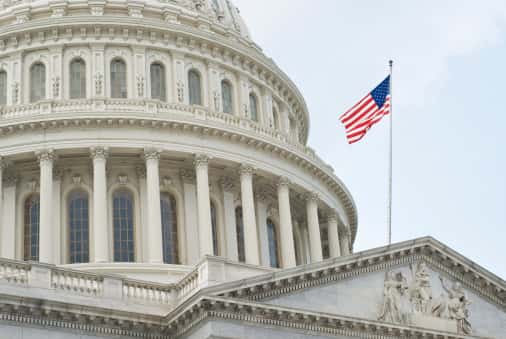UPDATE: Congress passed the bill on Friday, Dec. 18. For more information and industry reactions, click here.
After wrapping up negotiations, U.S. congressional leaders have reached a deal on a new tax extenders package to revive a host of expired subsidies, including several that are significant for the country’s alternative fuel vehicle industry.
As proposed, the bill would extend dozens of federal tax credits that expired at the end of last year, and the package includes a retroactive two-year extension for various alternative fuel incentives through Dec. 31, 2016. The legislation would also make some other lapsed tax credits permanent.
Although Congress passed a one-year retroactive extension for the tax credits last December, the subsidies again expired almost as soon as the legislation was approved. In July 2015, the U.S. Senate Finance Committee provided hope for another extension after passing its own tax extenders package.
As with the July bill, this newest iteration of a tax extenders package would resurrect the federal $0.50/gallon alternative fuels excise tax credit, which covers compressed natural gas, liquefied natural gas, propane autogas and other alternative transportation fuels. The package would also extend the alternative vehicle refueling property subsidy, which provides a tax credit covering up to 30% of the cost of infrastructure installation.
Earlier this year, NGVAmerica said renewing these incentives would help advance the natural gas vehicle market, adding that an extension would be “great news for fleets who are looking to clean-burning, low-cost, domestic natural gas to power their transportation needs.”
In addition, the new package includes several provisions specifically beneficial to the biofuels industry, such as an extension through 2016 of the second generation biofuel producer credit and the fuel excise tax credit for biodiesel mixtures.
In a press release, Bob Dinneen, president and CEO of the Renewable Fuels Association, says legislators have “sent a strong signal that they are interested in ensuring and encouraging the continued growth and innovation of our nation’s biofuels industry.”
“These incentives are crucial for leveling the playing field in a tax code that is, unfortunately, overwhelmingly tilted toward the oil and gas industry,” comments Dinneen. “Oil companies have long benefited from billions in accelerated depreciation, intangible drilling expenses and countless other tax breaks that are permanently embedded in the tax code. Fundamental tax reform is critical to correct this imbalance.”
Keith Martin, partner at law firm Chadbourne & Parke, tells NGT News “chances are good” that the tax extenders package will pass.
At press time, he says the U.S. House of Representatives is expected to vote on the package on Thursday. If the bill passes, Martin thinks the House might then combine the tax extenders deal with a separate omnibus bill to fund the federal government and send the single measure to the Senate.
“The Senate is expected to try to vote promptly,” he says. “But with five U.S. senators running for president, there is the possibility that the process could take longer there.”







